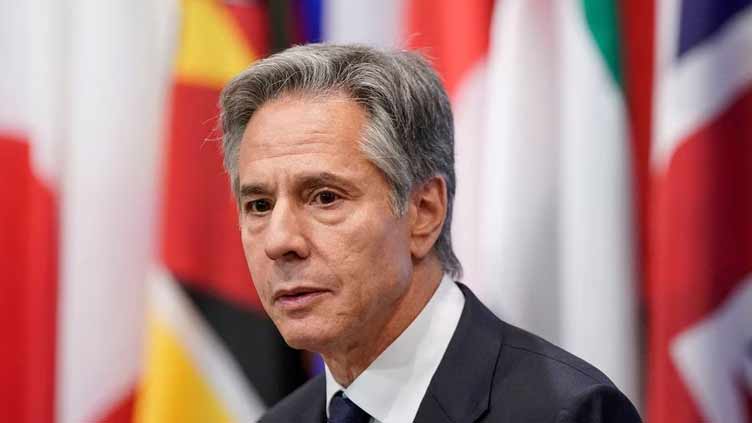In the aftermath of the recent coup that ousted President Mohamed Bazoum in Niger, the United States has taken a resolute stance by pausing some of its foreign aid programs benefiting the country’s government. Secretary of State Antony Blinken emphasized that while certain aid is on hold, life-saving humanitarian and food assistance will persist. This move underscores Washington’s commitment to democratic governance and constitutional order, as Blinken stated in a press release on Friday.
Aid Pause Amidst Political Upheaval
Secretary of State Antony Blinken has confirmed the suspension of select foreign assistance initiatives aimed at the government of Niger. These actions were propelled by the coup that forcefully removed President Mohamed Bazoum from power. While the specifics of the affected programs were not delineated, Blinken assured that crucial aid like life-saving humanitarian and food assistance, along with diplomatic and security operations safeguarding US personnel, will continue unabated. This calculated pause, which echoes a sentiment repeatedly expressed since the onset of the crisis, highlights Washington’s unwavering stance on supporting nations with democratic principles and adherence to constitutional norms.
US Pledge to Niger’s People and Democracy
Even as the political landscape in Niger remains turbulent, Secretary Blinken reiterated the United States’ steadfast dedication to the people of Niger. Amid the ongoing flux, the US government’s commitment to preserving the hard-fought democracy remains resolute. Blinken strongly emphasized the immediate need for the restoration of Niger’s democratically-elected government. This commitment to democratic ideals serves as the cornerstone of Washington’s approach in shaping its foreign assistance strategies, demonstrating that the nation’s partnerships are inherently linked to shared values.
Global Concerns Escalate as Coup Unfolds
The international community’s watchful eye is turning towards Niger as its internal political turmoil raises alarm bells. The Economic Community of West African States (ECOWAS), representing 15 regional nations, contemplates a potential military intervention to restore President Bazoum’s government to power. General Abdourahamane Tchian’s military-led coup has cast a shadow of uncertainty over Niger’s constitutional order. In a poignant op-ed published in the Washington Post, President Bazoum urgently called on the global community to rally behind the cause of constitutional restoration, cautioning against the dire global repercussions if the coup against him prevails.
Niger’s historical significance as a staunch ally in the fight against violent extremism in the Sahel region amplifies the gravity of the situation. The nation’s strategic partnership with the West has solidified its role as a reliable collaborator in curbing the spread of extremism. Hosting over 2,000 Western troops, primarily from the US and France, Niger has played a pivotal role in regional stability efforts.
President Bazoum’s election in 2021 marked a milestone for the country, being the first peaceful transfer of power since its independence from France in 1960. However, this promising chapter was abruptly disrupted by General Abdourahamane Tchian’s coup, justified as a measure to avert the nation’s perceived decline. As Niger navigates this critical juncture, global attention remains riveted on the nation’s political trajectory and its enduring commitment to democratic principles.
In a landscape where democracy and stability are intricately interwoven, the United States’ suspension of certain foreign aid to Niger underscores its dedication to upholding democratic governance and the rule of law. As Niger grapples with its future, the world watches with bated breath, cognizant of the far-reaching implications of these tumultuous developments.















